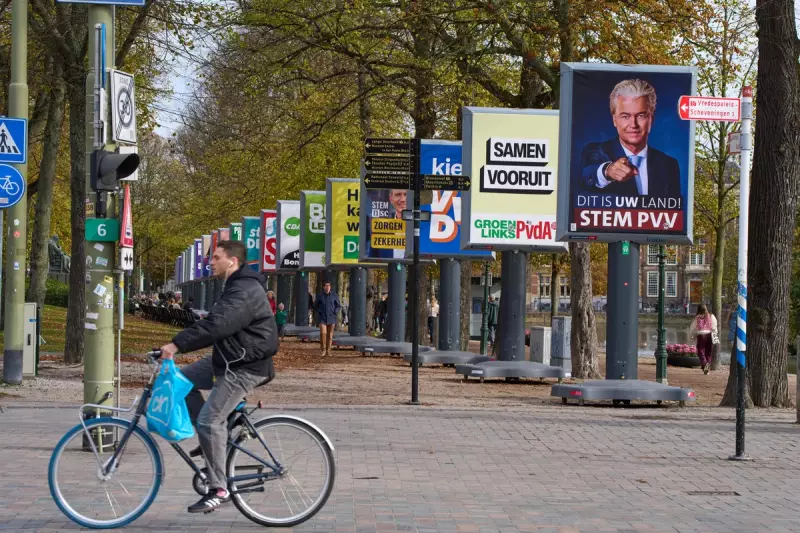
In a dramatic twist that has sent shockwaves through Dutch and European politics, Geert Wilders, the controversial far-right leader whose party scored a stunning election victory last November, has abruptly withdrawn from negotiations to become the Netherlands' next prime minister.
Election Winner Steps Aside
The leader of the Party for Freedom (PVV), who secured a remarkable 37 seats in the 150-seat House of Representatives, announced his decision after weeks of tense coalition talks. Despite his electoral triumph, Wilders faced significant opposition from potential governing partners unwilling to support him as prime minister.
'I can only become prime minister if ALL parties in the coalition support it,' Wilders stated in a social media post. 'That was not the case.'
Coalition Politics Thwart Leadership Bid
The decision marks a extraordinary moment in Dutch political history, where an election winner has stepped aside from the leadership role typically afforded to the largest party. Wilders had been engaged in negotiations with three other right-leaning parties: the centre-right VVD, the new centrist NSC, and the farmers' protest party BBB.
Sources close to the negotiations revealed that particularly the VVD and NSC had expressed strong reservations about Wilders occupying the prime minister's office, creating an insurmountable obstacle to his leadership ambitions.
What Comes Next for Dutch Government?
Political analysts suggest several possible scenarios could now unfold:
- A different PVV member might be proposed as prime minister
- Wilders could seek a prominent ministerial role while another party provides the premier
- The four parties might attempt to form a minority government
- New elections could be called if negotiations completely collapse
European Implications
Wilders' decision carries significant implications across Europe, where far-right and populist parties have been gaining ground. His election victory in November was seen as part of a broader continental shift, making his subsequent withdrawal from the premiership particularly noteworthy.
The development demonstrates the continuing challenges populist leaders face in transitioning from electoral success to actual governance, especially within multi-party systems requiring coalition building.
As the Netherlands enters uncharted political territory, all eyes remain on The Hague to see how this unprecedented situation will resolve and what government will eventually emerge to lead one of Europe's most important economies.





